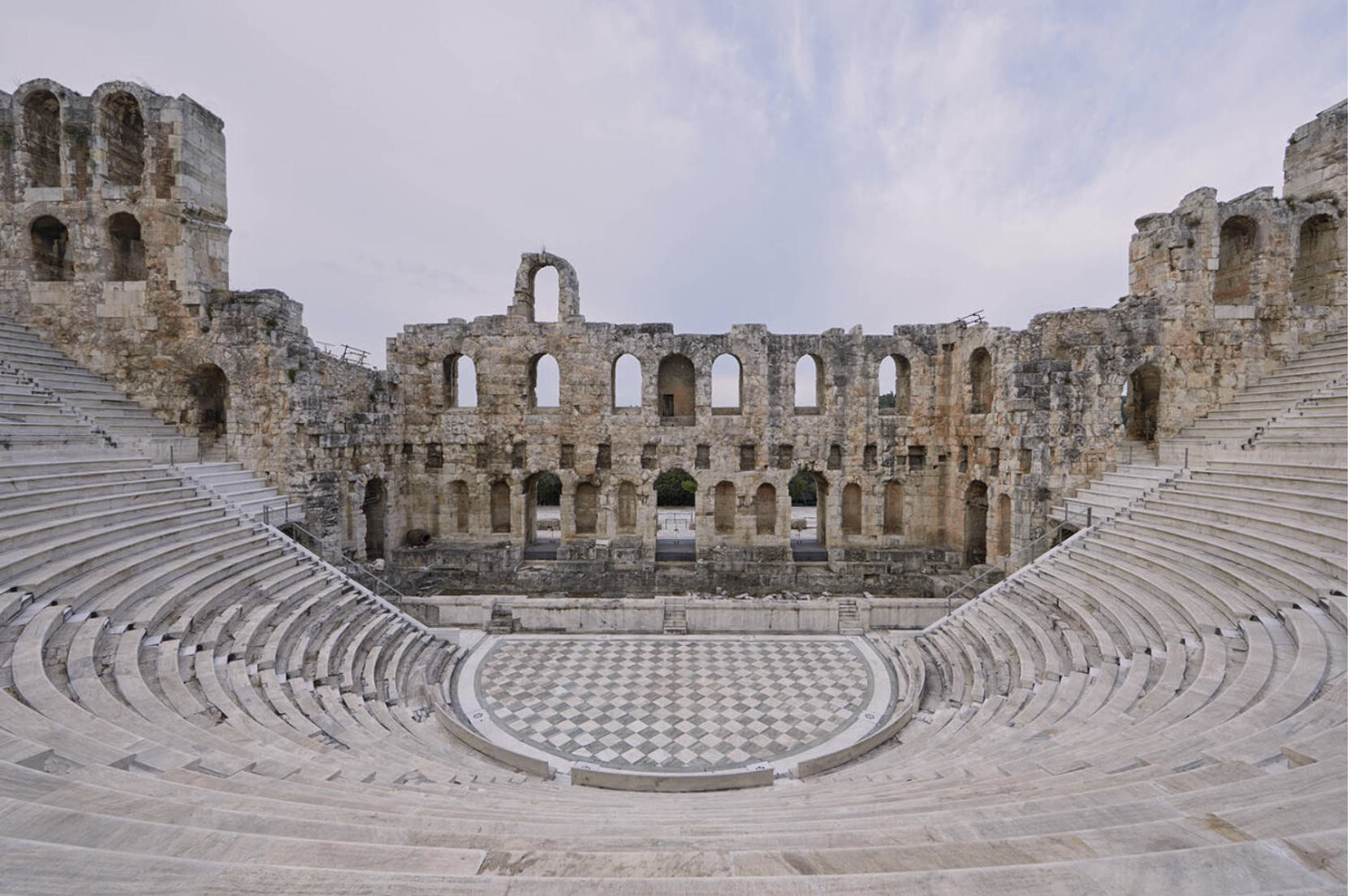After more than a decade marked by economic and financial crises, Greece is looking to rebuild its economy with a plan to spend billions of euros from the EU’s post-pandemic recovery fund, and in the process to transform its industrial model, attract foreign investment and mend public finances.
Kyriakos Mitsotakis, Greece’s prime minister, has hailed the program, known as “Greece 2.0”, as one that “essentially changes the model of the Greek economy, making it competitive and outward-looking”.
It comes as Greece looks to recover from the coronavirus pandemic which has hit its economy, heavily dependent on tourism and services, particularly hard. In 2020, output fell 10 per cent, while national debt as a proportion of gross domestic product climbed above 200 per cent, the highest in the Eurozone.
However, some observers worried about Greece’s poor record in policy delivery and its ability to make the best use of the money it will receive from the recovery fund.
Greece 2.0 will be sent for final approval to Brussels early next week. Officials will scrutinize its 2,000 pages, which lay out in detail how the government will use €31bn from the EU and another €27bn expected from investors over the next six years.
Inside Iran’s torture prisons: Tehran quick to jail those with pro-Israel ties – Fox News
Newsweek: Turkey’s Christians face increasingly dangerous persecution – Analysis
The submission will be the culmination of six months of work, during which Greek officials have held more than 100 meetings with their counterparts at the European Commission.
“The Greek plan is one of the best we have seen so far,” an EU official said. The blueprint, based on a growth strategy designed by Nobel Prize-winning economist Christopher Pissarides, was among the most coherent of the plans submitted by member states, the official added.
Read more: Financial Times
Ask me anything
Explore related questions





